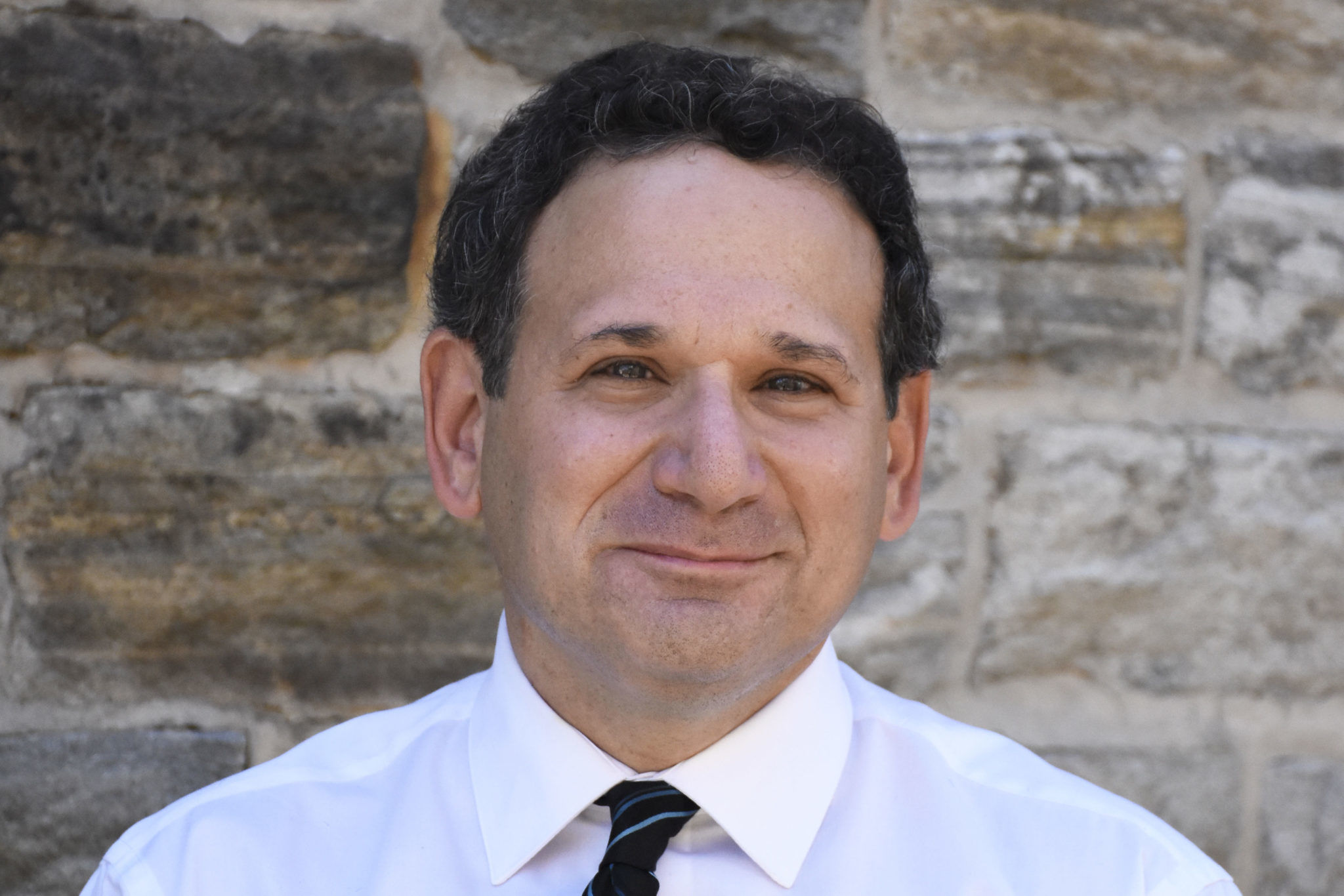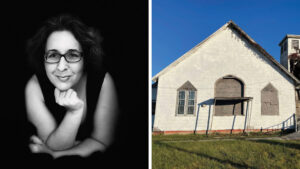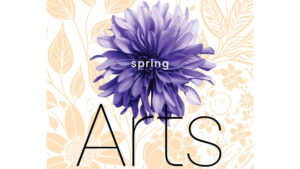Driving my son to school this morning, I turned on the radio to listen to the news and heard the announcer say the name, “Bob Dylan.” Immediately, I must admit, my heart sank. After all, our heroes of the ‘60s are getting older and starting to fade away, whether we like it or not.
Fortunately, the announcer wasn’t talking about any tragedy that befell the 75-year-old singer/songwriter, but that Dylan was going to be awarded the Nobel Prize in Literature for “having created new poetic expressions within the great American song tradition.”
Well, that might be the understatement of this young century so far.
Dylan, who was born Robert Allen Zimmerman in Duluth, Minn., changed the face of popular music, plain and simple. He demonstrated that music – especially lyrics – doesn’t have to be formulaic and trite. It could be cerebral, honest, realistic, poetic and even at times confrontational.
Dylan joins such Jewish literary giants as Saul Bellow, Joseph Brodsky and Isaac Bashevis Singer to be awarded the prize.
A lot of people don’t get Dylan, and I’ve had disagreements about him with friends and family over the years. Of course, there’s his voice – nasal, rough, coarse, un-melodic. It’s an acquired taste. His lyrics can be, to some people, dense, overly complicated, pretentious and even unintelligible.
Even his harmonica playing has been assailed. One time years ago, I interviewed the Baltimore-born harmonica virtuoso Larry Adler and asked him what he thought of Dylan’s harp playing. Without missing a beat, Adler responded, “Whoever told Bob Dylan that he can play a harmonica should be shot! A law should be passed outlawing him from ever picking up the harmonica again!”
Ouch.
But Dylan was always so much more than simply a musician. Dylan made you think. He made you confront your preconceived notions and the reality imposed by societal norms.
To quote Bruce Springsteen, “Dylan was a revolutionary – the way that Elvis freed your body, Bob freed your mind. He showed us that just because the music was innately physical, it did not mean that it was anti-intellect. He broke through the limitations of what a recording artist could achieve.”
Growing up in Randallstown, I was 14 when a friend turned me on to Dylan and lent me his greatest hits cassette (remember those?). It might’ve been “Like A Rolling Stone” or “Positively 4th Street,” I’m not sure anymore, but it hit me like a lightning bolt. The lyricism, the directness, the unabashed anger and defiant refusal to accept the conventional wisdom. He seemed to be a prophet of antiquity, and a Jewish one to boot.
I’d heard nothing like it. Dylan made me want to be a writer and someone who works with language (and an amateur harmonica player as well, much to the dismay of my family). I’ve been listening to him now for decades, even during those lean years (that everyone has conveniently forgotten) when Dylan was written off as a bit of a hack, crank and clown.
Perhaps journalist Bill Wyman described Dylan best in a New York Times opinion piece he authored three years ago.
“Mr. Dylan’s work remains utterly lacking in conventionality, moral sleight of hand, pop pablum or sops to his audience,” he wrote. “His lyricism is exquisite; his concerns and subjects are demonstrably timeless; and few poets of any era have seen their work bear more influence.”
Long after all of the other pop stars, so-called cultural icons and preening poseurs are forgotten footnotes, Dylan will be remembered and listened to. His music and words will stand the test of time, and this award is well deserved.
How does it feel? For those of us who are longtime admirers of Bob Dylan, it feels pretty good.





